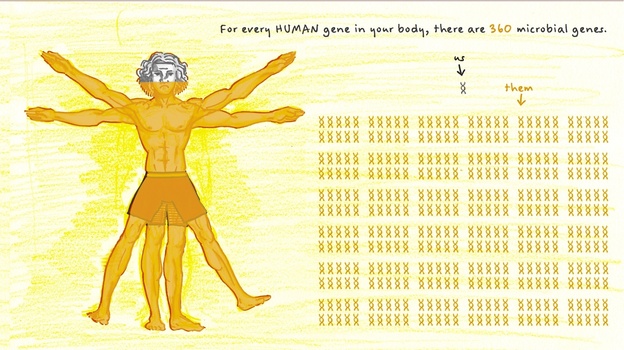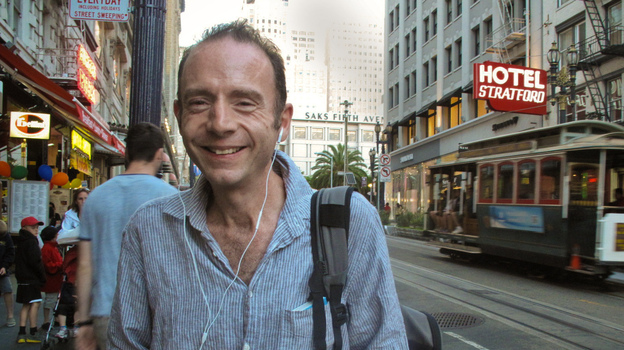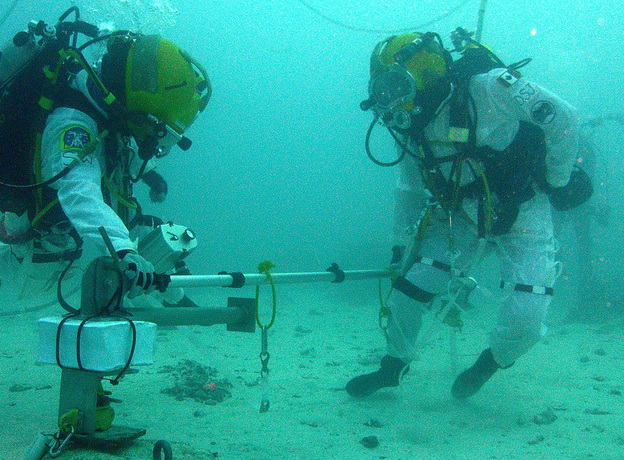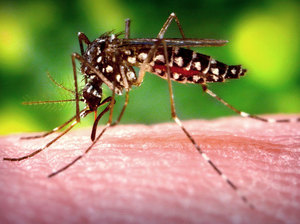 Tuesday, July 3, 2012 at 12:08PM
Tuesday, July 3, 2012 at 12:08PM "The Age of Miracles is literary fiction, but it spins out the same kind of "what if?" disaster plot that distinguishes many a classic sci-fi movie. Too bad the title The Day the Earth Stood Still was already taken, because it really would have been the perfect title for Thompson's novel."
plot that distinguishes many a classic sci-fi movie. Too bad the title The Day the Earth Stood Still was already taken, because it really would have been the perfect title for Thompson's novel."
"Our main character here is named Julia and, though she's now in her 20s, most of her narration is retrospective, taking us back to her 11-year-old self — the year everyday life fell apart. At first, Julia tells us, nobody noticed "the extra time, bulging from the smooth edge of each day like a tumor blooming beneath skin." That so-called extra time is caused by the fact that the Earth's rotation is growing more and more sluggish. When scientific experts finally do go public to acknowledge the mysterious change, they call it "the slowing." Daytime stretches first by minutes, then hours, and, then, days; so, too, does nighttime. After "the slowing" is officially acknowledged, there's an immediate run on canned food and water, and people begin building underground survival shelters. Birds fall from the sky, and whales wash up on beaches — their navigation systems all messed up by the changes in gravity and temperature. Apocalyptic cults flourish, and a rift widens between those folks called "real timers," who stubbornly decide to live by the extended rhythms of sunrise and sunset, and the majority of Americans, who obey the president's orders to carry on in semi-denial and stick to the 24-hour clock. As Julia recalls, "We would fall out of sync with the sun almost immediately. Light would be unhooked from day, darkness unchained from night."


















